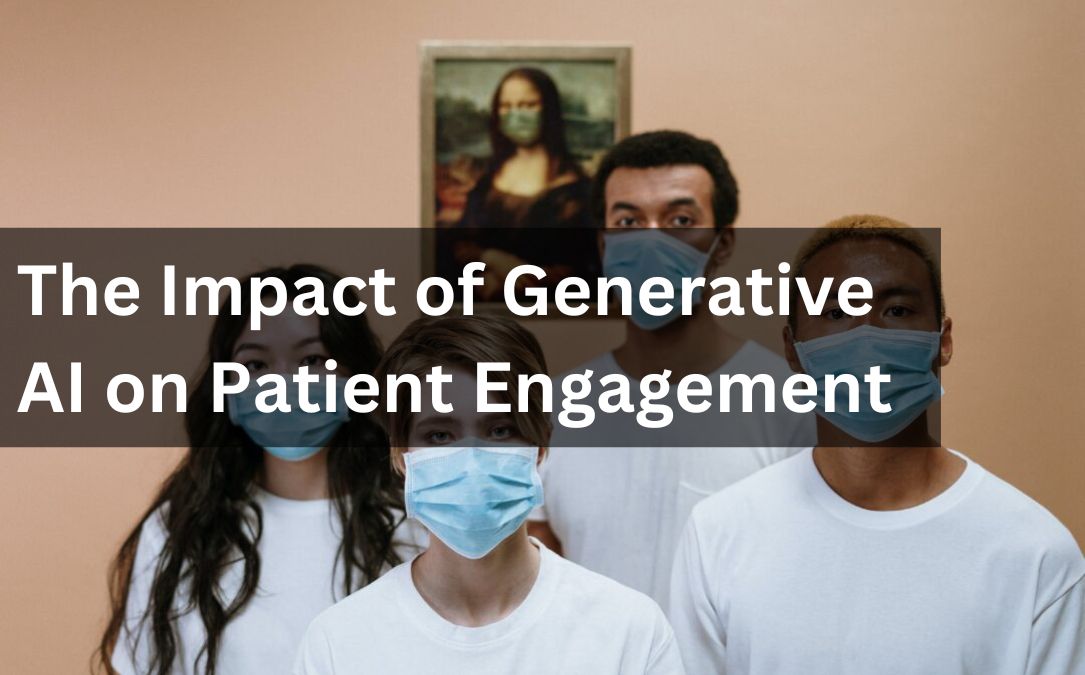In the dynamic landscape of healthcare, communication between healthcare providers and patients is a cornerstone of quality care. As technology continues to evolve, one groundbreaking innovation, generative artificial intelligence (AI), is reshaping the way healthcare professionals engage with and support their patients.
Generative AI, a subset of artificial intelligence that involves machines creating content, has the potential to revolutionize patient communications. From personalized interactions to improved accessibility, the integration of generative AI into healthcare communication systems brings forth a myriad of benefits.
One of the primary advantages of incorporating generative AI in patient communications is the ability to provide personalized and contextually relevant information. Each patient is unique, and their healthcare needs vary. Generative AI algorithms analyze vast amounts of patient data, such as medical history, preferences, and treatment plans, to generate tailored communications. This personalization not only enhances the patient experience but also contributes to more effective healthcare management.
Additionally, generative AI can play a crucial role in automating routine tasks, allowing healthcare professionals to focus on more complex and critical aspects of patient care. Appointment scheduling, medication reminders, and follow-up instructions can be efficiently handled by AI-powered communication systems, reducing the administrative burden on healthcare staff and streamlining the overall patient journey.
Improving accessibility is another key area where generative AI shines in patient communications. Language barriers can often hinder effective communication in healthcare settings. Generative AI, equipped with natural language processing capabilities, enables real-time translation services. This ensures that patients with diverse linguistic backgrounds can comprehend important healthcare information, fostering inclusivity and understanding.
Furthermore, generative AI contributes to the enhancement of patient education. Clear and concise communication is vital for patients to comprehend their medical conditions and treatment plans fully. AI-generated content can simplify complex medical information, making it more accessible to patients. This not only empowers individuals to actively participate in their healthcare decisions but also promotes health literacy.
Despite the numerous advantages, the integration of generative AI in patient communications also raises ethical considerations. Ensuring the privacy and security of patient data is paramount. Healthcare providers must implement robust cybersecurity measures to safeguard sensitive information processed and stored by AI algorithms. Transparent communication about the use of AI in patient interactions is also essential to build trust between healthcare providers and patients.
In conclusion, the title “Transforming Healthcare Communications: The Impact of Generative AI on Patient Engagement” encapsulates the profound changes that generative AI brings to the healthcare sector. By personalizing interactions, automating routine tasks, improving accessibility, and enhancing patient education, generative AI is revolutionizing the way healthcare professionals communicate with their patients. As the healthcare landscape continues to evolve, embracing these advancements in technology is crucial for delivering patient-centric and efficient care.

